This article was produced by members of the Advanced Journalism class taught by Jon Marcus: Perrine Ausseil, Meaghan Healy, Sophie Krieger, Ryan Panny and Melissa Sorkin.
Two years after state and federal agencies opened investigations into disability discrimination on campus, Boston College has been cited in one case, and two new complaints have been filed, according to a state official.
Thomas Hopkins, executive director of the state Architectural Access Board, said Stokes Amphitheater violates access requirements because it lacks handrails on its upper stairs and a ramp for the disabled would be too steep.
The University has until June 16 to respond by either submitting a plan to correct the problems or asking for a variance from the regulations, Hopkins said.
He said two new disability access complaints have also been filed, including one involving the John Courtney Murray, S.J. Graduate Student Center.
The state and federal governments have been investigating disability discrimination and issues of access at the University since January and May 2014, respectively.
The federal investigation is ongoing, according to a spokesman for the U.S. Department of Education.
Some disabled students have expressed frustration over the difficulty they say they face getting around the campus. They say the University has not responded to their concerns.
Amanda Melvin, MCAS ’17, who has a condition that causes her joints to dislocate and who has difficulty getting up and down stairs, said she often waits an hour for the Eagle Escort van, and had to navigate slippery walkways in the winter.
The University “does not acknowledge my disability,” known as Ehlers-Danlos Syndrome, she said.
“I have an invisible disability,” Melvin said. “I don’t use mobility aids and look able-bodied to those who don’t know me.”
Other disabled students are angry that new stairs between McGuinn and Carney halls, which lead to University Health Services in Cushing Hall, don’t have wheelchair ramps. Still others say it’s hard to get into and around some buildings, including the library.
“There needs to be a culture shift among students.”
—Amanda Melvin, MCAS ’17
“I knew this campus had tons of stairs,” said Melvin. “But I am from Texas, where the terrain is very flat, and we don’t have snow and ice. I underestimated the difficulties these things would create and that they would actually exacerbate my condition.”
Hopkins said it isn’t always easy for the University to comply with disability access standards, especially if the cost is excessive without creating substantial benefits, or in older buildings.
“It is not always a cake walk to make them 100 percent accessible,” Hopkins said.
He said BC had been “extremely responsive.”
The University offers support to any students who register as disabled, said Paulette Durrette, assistant dean for students with disabilities.
There are 668 students registered with the Disability Services Office, the University said, including 428 undergraduates.
That’s just under 5 percent of all students at BC, compared to 11 percent of students at colleges and universities nationwide who have disabilities, according to the National Center for Education Statistics.
A group called the Disability Awareness Committee has demanded a ramp behind McGuinn, a professional coordinator and advisory committee with disabled student members to make sure the University complies with the Americans with Disabilities Act, and an architect to make sure there is access to any newly constructed buildings.
But Melvin said she and other disabled people on campus need more than the University’s administration to support them.
“There needs to be a culture shift among students,” she said. “I have had students yell at me because I need to take the elevator two floors. Students hog the wheelchair-accessible bathroom stall when there are others available because they like the extra room … I think we just need more disability awareness on campus.”
Not all disabled students think this, though.
Carolyn Barrett, MCAS ’16, who is in a wheelchair, transferred from American University. BC has to contend with its topography, Barrett said, while American is flat.
“But because of that, [American is] less willing to do things for you,” she said. “Whereas BC knows that they have some structural things that may make things more difficult. So I’ve found ResLife to be really helpful.” The University has created an accessible bathroom for her.
Barrett said that she wishes there were not inconvenient stairs near Lyons and Stokes halls, for example, but she said she has never had an issue getting around campus and would not have come to BC if she had.
“If you don’t like the heat, don’t go to a school in Florida,” she said. “Same thing here. They can’t do everything.”
Featured Image by Amelie Trieu / Heights Editor

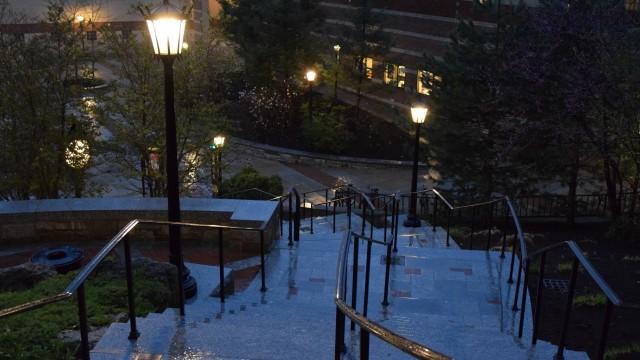





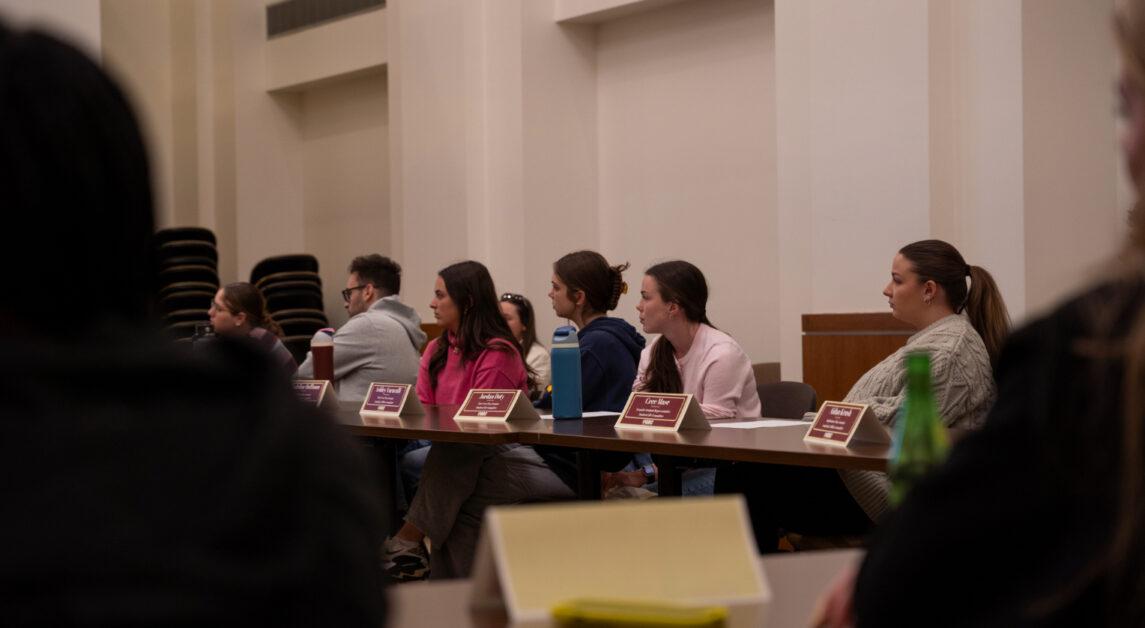
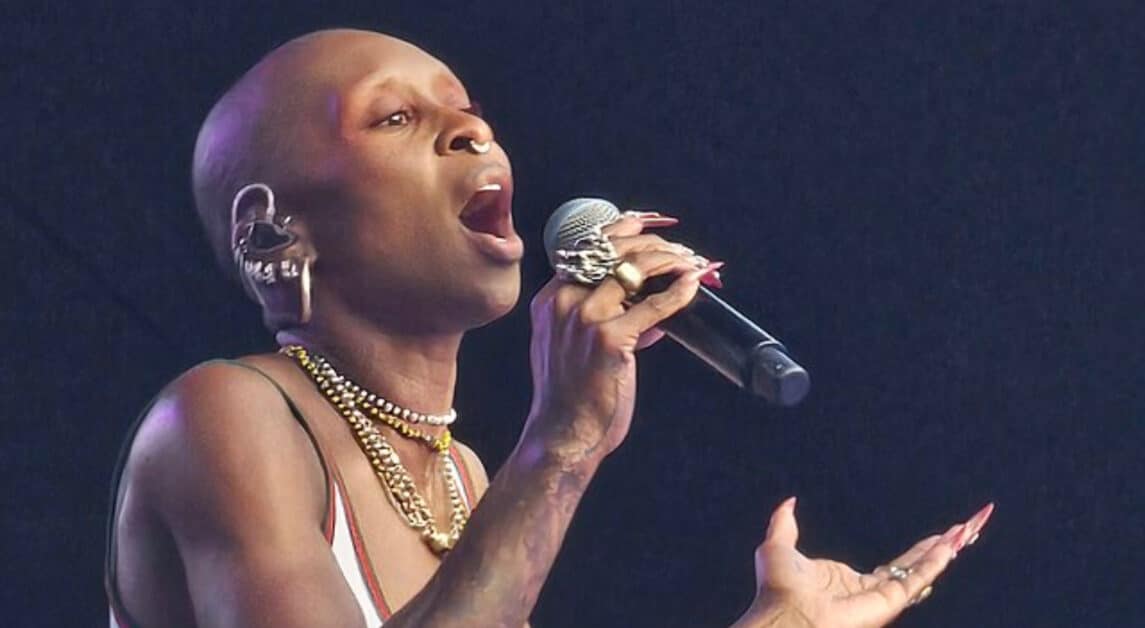

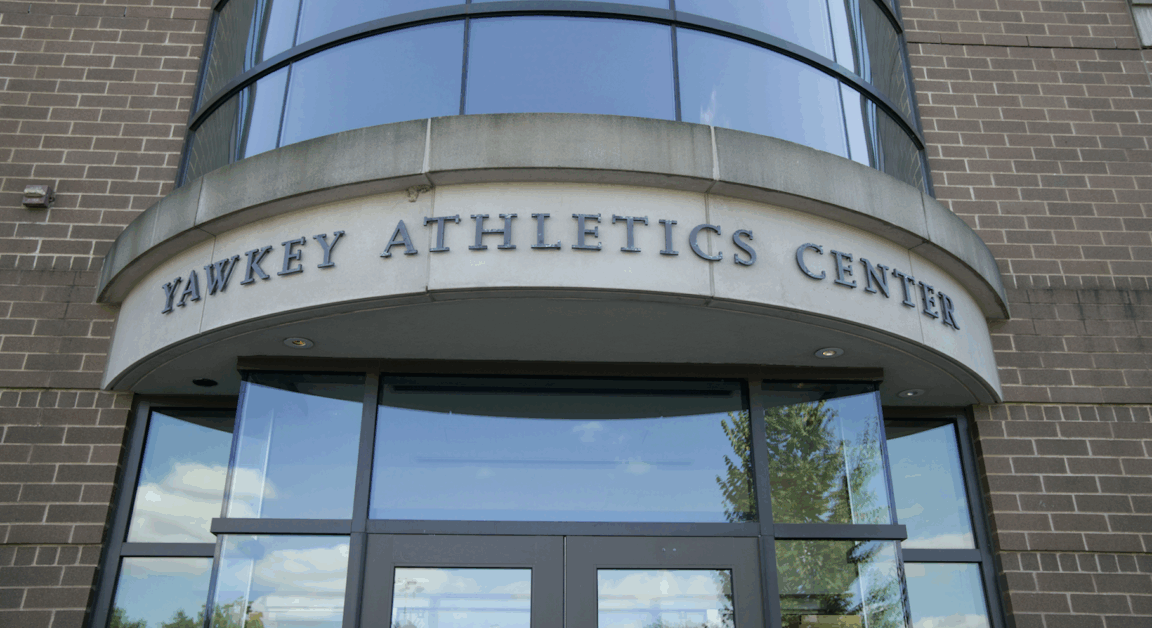
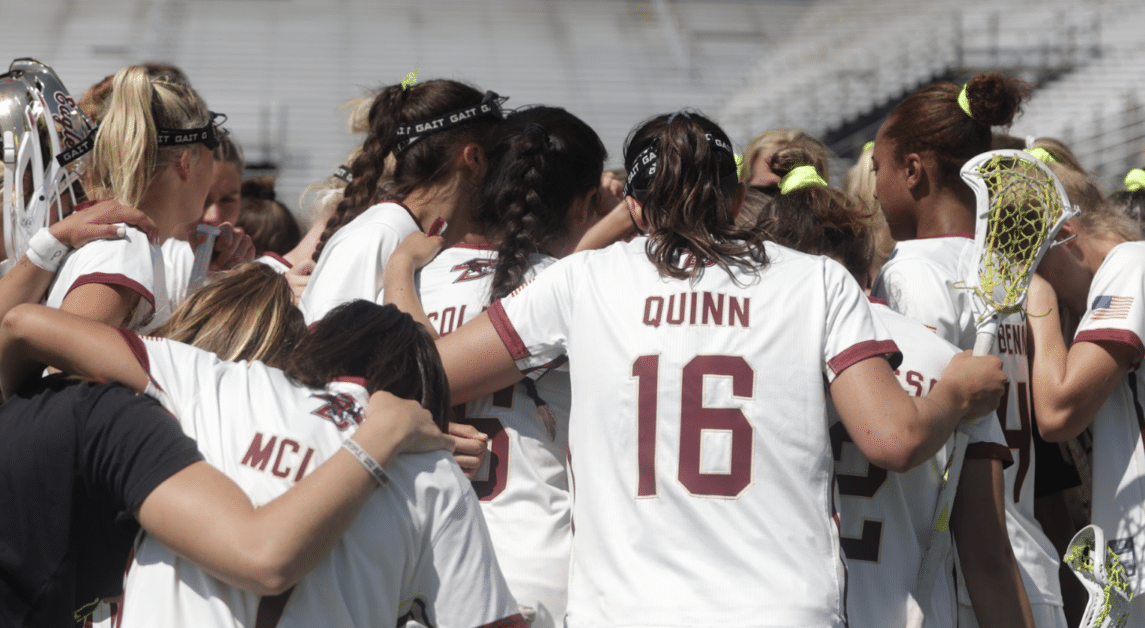

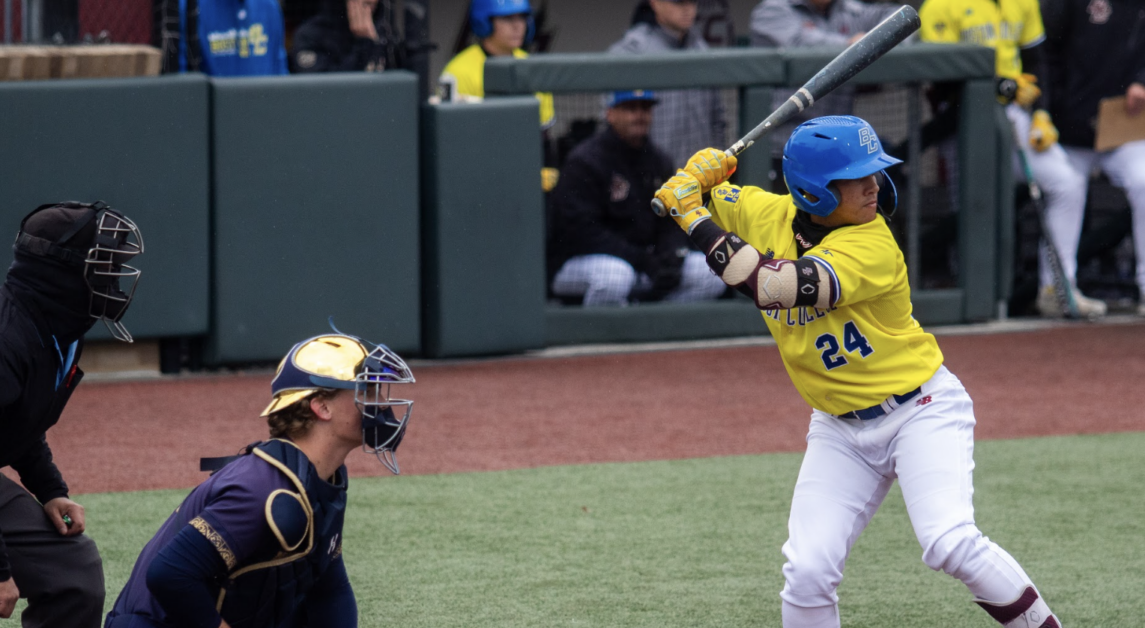
Erin • May 5, 2016 at 1:32 pm
Carolyn Barrett says, “If you don’t like the heat, don’t go to a school in Florida,” she said. “Same thing here. They can’t do everything.”
As a wheelchair user myself I am surprised at Ms. Barrett’s dismissive attitude toward accessibility. Everyone everywhere should be able to attend a school without barriers. Her saying that disabled people should go somewhere else if they don’t like how inaccessible a place anathema to people with disabilities who’ve been fighting for inclusion for decades.
Michael Saumenig • May 6, 2016 at 9:17 pm
BC is built into a cliff. There’s no way to make it as easy for the disabled to climb it as someone who can walk. thats just the unfortunate nature of the geography.